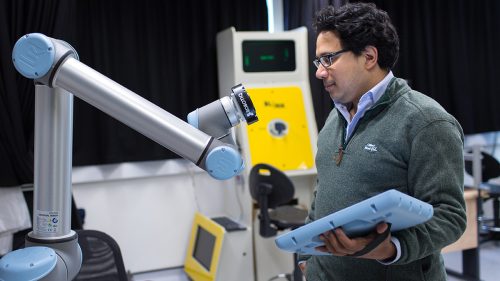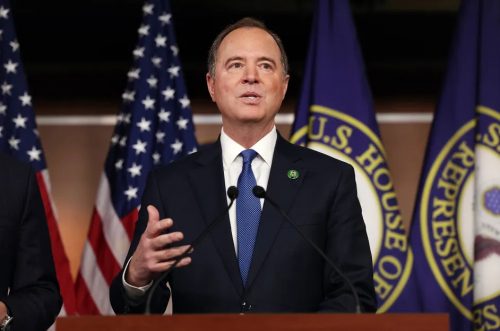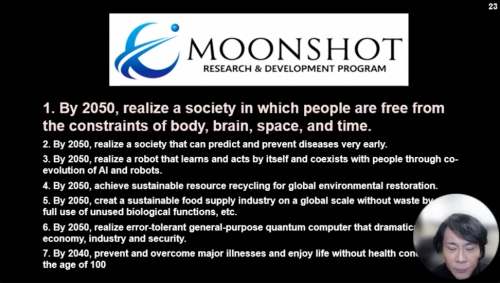Held virtually today on the sidelines of the 64th IAEA General Conference, the first ever IAEA meeting discussing the use of artificial intelligence (AI) for nuclear applications showcased the ways in which AI-based approaches in nuclear science can benefit human health, water resource management and nuclear fusion research. Open to the public, the event gathered over 300 people from 43 countries and launched a global dialogue on the potential of AI for nuclear science and the related implications of its use, including ethics and transparency.
AI refers to a collection of technologies that combine numerical data, process algorithms and continuously increasing computing power to develop systems capable of tracking complex problems in ways similar to human logic and reasoning. AI technologies can analyse large amounts of data to “learn” how to complete a particular task, a technique called machine learning.
“Artificial Intelligence is advancing exponentially,” said Najat Mokhtar, IAEA Deputy Director General and Head of the Department of Nuclear Sciences and Applications. “AI’s ability to recognize data patterns and analyse high-resolution images from satellites, drones or medical scans can improve responses to humanitarian emergencies, help doctors identify cancer and other diseases, increase agricultural productivity, and track animal and marine migrations.”
Applied to nuclear science, AI has the potential to advance cancer staging in nuclear medicine and cancer treatment, to accelerate progress towards the realization of fusion energy production, as well as to help protect global water resources from overexploitation and contamination, and more.
The original article can be found here.
To support of positive AI development for the society especially in frontier applications such as nuclear science, the Michael Dukakis Institute for Leadership and Innovation (MDI) and Boston Global Forum (BGF) established the Artificial Intelligence World Society (AIWS.net) in 2018. AI can be an important tool to serve and strengthen democracy, human rights, and the rule of law. Its misuse could undermine those ideals. In this effort, MDI and BGF invite participation and collaboration with governments, think tanks, universities, non-profits, firms, and other entities that share its commitment to the constructive and development of full-scale AI for world society.










